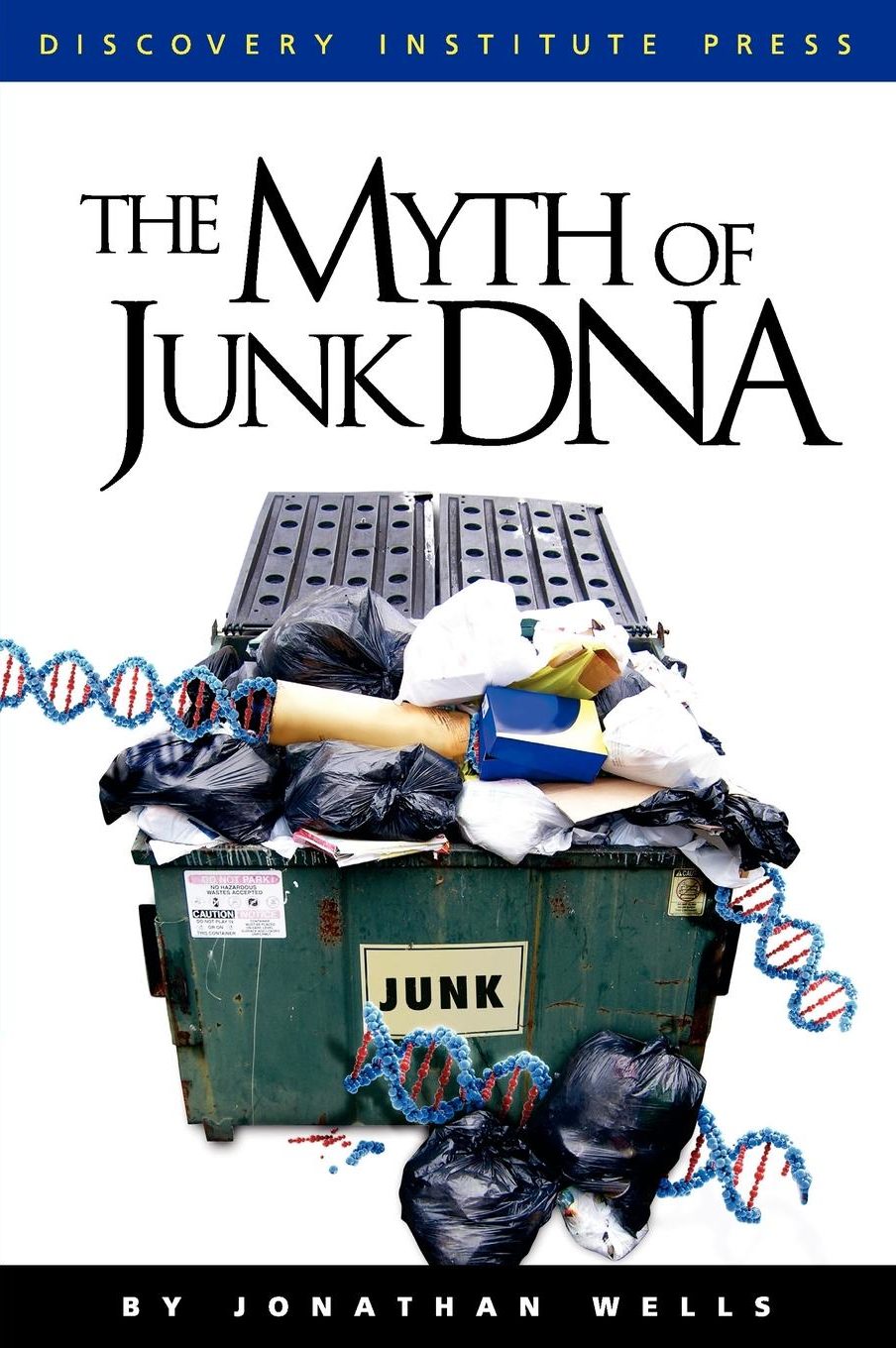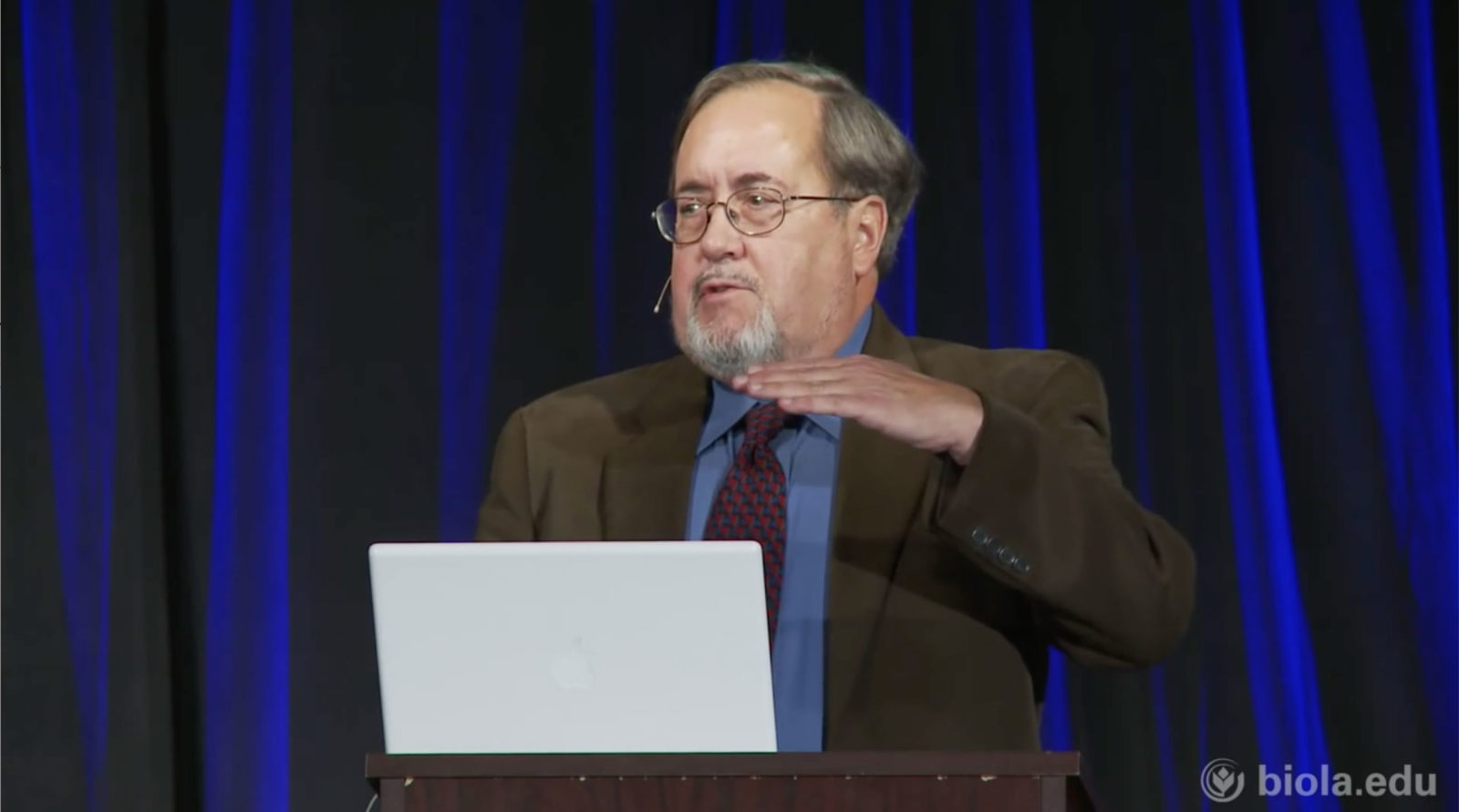According to one cynical view, academic disputes are so vicious only because the stakes are so low. Yet as the editors of Synthese, a leading philosophy journal, can tell you, what they publish matters: in debates over Christianity, the teaching of evolution, and American politics.
This story began in March 2009, when a special issue of Synthese was published online, titled “Evolution and Its Rivals.”
It was guest-edited by Glenn Branch, deputy director of the National Center for Science Education, and James H. Fetzer, a former editor of the journal. They included an essay by Barbara Forrest, of Southeastern Louisiana University, condemning the work of the philosopher Francis J. Beckwith, who believes it is constitutionally permissible, although not advisable, to teach intelligent design in public schools.
But Dr. Beckwith says he is no ally of the intelligent design movement, whose mainly Christian proponents argue that certain features of the universe are best explained by a “designer,” perhaps a god or deity, rather than by natural selection or other scientific theories.
In her essay, Dr. Forrest, known for her opposition to intelligent design, argued that Dr. Beckwith made many of intelligent design’s conceptual mistakes, and “presents I.D. exactly as I.D. leaders do.”
In language some would later criticize as unfit for a scholarly journal, Dr. Forrest also questioned Dr. Beckwith’s qualifications, writing that he takes positions on church/state issues but has “no formal credentials as a constitutional scholar.” She suggested connections between Dr. Beckwith and intelligent design theorists and the marginal, far-right Christian Reconstructionists, who believe that a theocracy under Old Testament law is the best form of government.
Read More ›




